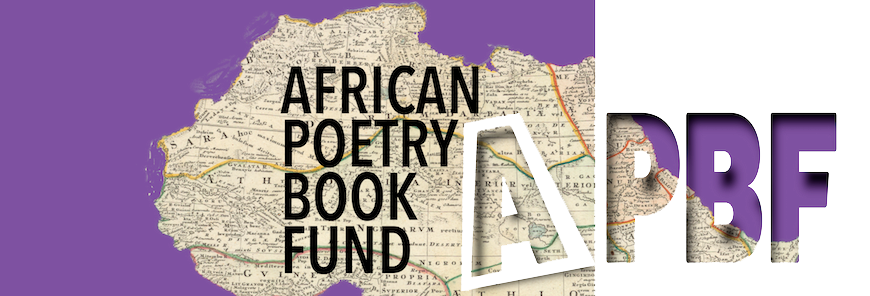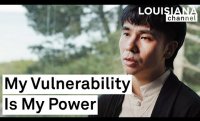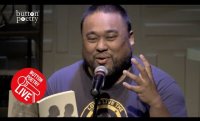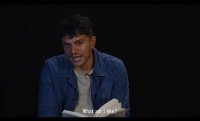With fall fast approaching, kickstart the new season by submitting to contests with a deadline of September 30. Prizes abound for writers of supernatural fiction, hybrid poetry collections, essays, translations, poems evoking the American South, and more. Awards range from $1,000 to $75,000, and two contests are even free to enter. May the autumnal equinox be in your favor!
Diode Editions
Poetry Book Contest
A prize of $1,500, publication by Diode Editions, and 20 author copies is given annually for a poetry collection. The winner will also have select poems from their book published in Diode Poetry Journal. Hybrid words, prose poetry, translations, and collaborative works are eligible. Entry fee: $20.
Dzanc Books
Short Story Collection Prize
A prize of $2,500 and publication by Dzanc Books is given annually for a story collection. The editors will judge. Entry fee: $25.
Ghost Story
Supernatural Fiction Award
A prize of $1,500, publication on the Ghost Story website and in the Ghost Story print anthology series, 21st Century Ghost Stories, is given twice yearly for a short story with a supernatural or magic realism theme. The editors will judge. Entry fee: $20.
Lascaux Review
Prize in Creative Nonfiction
A prize of $1,000 is given annually for an essay. The winner and finalists will also be published on the Lascaux Review website and in the journal’s print annual. Previously published and unpublished essays are eligible. All entries are considered for publication. Entry fee: $15.
New York Public Library
Cullman Center Fellowships
Fifteen fellowships are given annually to artists, academics, and creative writers, including poets, fiction writers, creative nonfiction writers, and translators, whose work will benefit directly from access to the research collections at the New York Public Library. The fellows each receive $75,000, an office at the Cullman Center for Scholars and Writers at the New York Public Library’s main branch in the Midtown neighborhood of Manhattan, and full access to the library’s collections from September 2023 through May 2024. Fellows will be required to work on their projects at the Cullman Center for the duration of the fellowship. Writers currently enrolled in a graduate degree-granting program are ineligible. Entry fee: none.
Texas Review Press
X. J. Kennedy Poetry Prize
A prize of $10,000, publication by Texas Review Press, and 20 author copies will be given annually for a poetry collection. Kimiko Hahn will judge. Entry fee: $28.
Texas Review Press
George Garrett Fiction Prize
A prize of $1,000, publication by Texas Review Press, and 20 author copies will be given annually for a short story collection or novel. Vi Khi Nao will judge. Entry fee: $28.
University of Arkansas Press
Miller Williams Poetry Prize
A prize of $5,000 and publication by University of Arkansas Press is given annually for a poetry collection. Patricia Smith will judge. Entry fee: $28.
University of Mississippi
Willie Morris Award for Southern Poetry
A prize of $3,000 is given annually for a single poem that evokes the American South. The winner will also receive an all-expenses-paid trip to Oxford, Mississippi, for the awards ceremony in March 2023. Susan Kinsolving will judge. Entry fee: none.
Winning Writers
Tom Howard/Margaret Reid Poetry Contest
Two prizes of $3,000 each, two-year gift certificates for membership to the literary database Duotrope, and publication on the Winning Writers website are given annually for a poem in any style and a poem that either rhymes or is written in a traditional style. Soma Mei Sheng Frazier and Michal “MJ” Jones will judge. Entry fee: $20.
Visit the contest websites for complete guidelines, and check out the Grants & Awards database and Submission Calendar for more contests in poetry, fiction, creative nonfiction, and translation.












